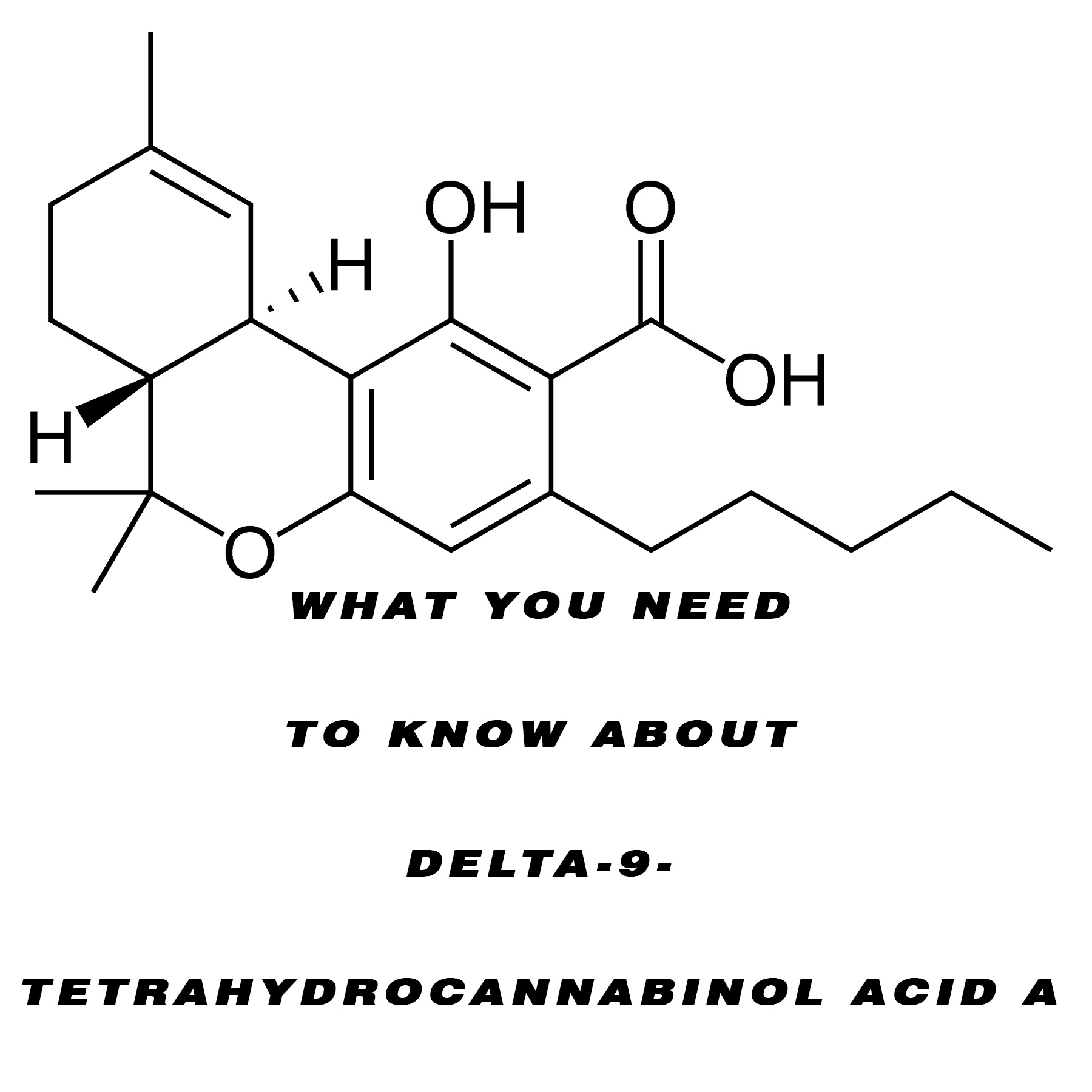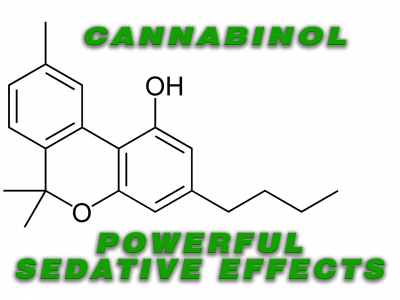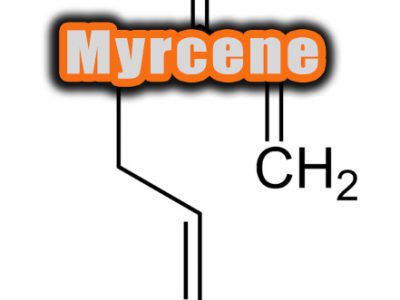What You Need To Know About Delta-9-Tetrahydrocannabinol Acid A

In the plant cannabis sativa, the Delta-9-tetrahydrocannabinol acid-A, or as it is known, Delta-9-THCA-A is the most nonpsychoactive precursor of Delta-9-THC (Delta-9-Tetrahydrocannabinol). If we consider fresh plant material, around 90 percent of the entire delta-9-THC is present as the Delta-9-THCA-A.
When Delta-9-THCA-A is smoked, heated or baked, Delta-9-THCA-A is partially converted into Delta-9-THC and thus, Delta-9-THCA-A can often be detected in the urine and serum of cannabis consumers.
These results were obtained when a study was conducted to study the properties and chemical interaction of THC and THCA-A.
The basic reason to conduct a study on Delta-9-THCA-A was to identify and explore the metabolites of this compound. The aim was also to study and examine, particularly, if the oral intake of this compound causes vivo formation of more Delta-9-THC considering a rat model. After the oral application of typical Delta-9-THCA-A on rats, in the dosage of 15 mg per kg of the body mass, the urine samples of rats were collected.
After that, metabolites were identified and isolated by means of liquid chromatography-mass spectrometry also called as LC-MS, liquid chromatography-tandem mass spectrometry that is known as LC-Ms/Ms and high-resolution LC-MS by means of time of flight-mass spectrometry, known as TOF-MS, to measure the mass accurately.
The results after the analysis of rat urine showed that Delta-9-THCA-A undergoes hydroxylation. Glucuronides of both main metabolites and parent compound were also identified in the urine of the rat.
The presence of THCA-A in Cannabis Plant
The THCA-A is present in the variable quantities both in undried and fresh cannabis but it, often progressively, decarboxylated to tetrahydrocannabinol with drying. This especially happens when intense heating takes place like when cannabis is cooked or smoked into cannabis edibles.
Often, THCA-A is the major constituent in the marijuana or cannabis resin concentrates. This may include hash oil or even hashish including formation from the high-THC material of the cannabis plant. Typically it comprises between 50% – 80% by weight.
The Uses of THCA
THCA is not used directly but the presence of this compound is commonly analyzed when hemp-based products or cannabis are screened for tetrahydrocannabinol.
The Pharmacological Effects of THCA-A
THCA-A show the same metabolism as that of THC in humans. If the decarboxylation of THCA-A into THC is completed then there should be no THCA-A present in the blood serum or urine of the cannabis consumers.
Majorly, it is detected in the blood serum and urine samples that are collected by the police controls from drivers which are suspected for driving being under the influence of drugs or DUID. As per the previous reports, the THCA-A is found in the blood and urine samples of various cannabis consumers and up to concentrations of 14.8ng/ml as serum and 10.8ng/ml as urine.
Research Work
Even though we do have the basic information about Delta-9-THCA-A but there is still a lot of scope for more research work. We hope the studies continue until we fully explore the properties of THCA-A along with other undiscovered, yet similar, compounds.






